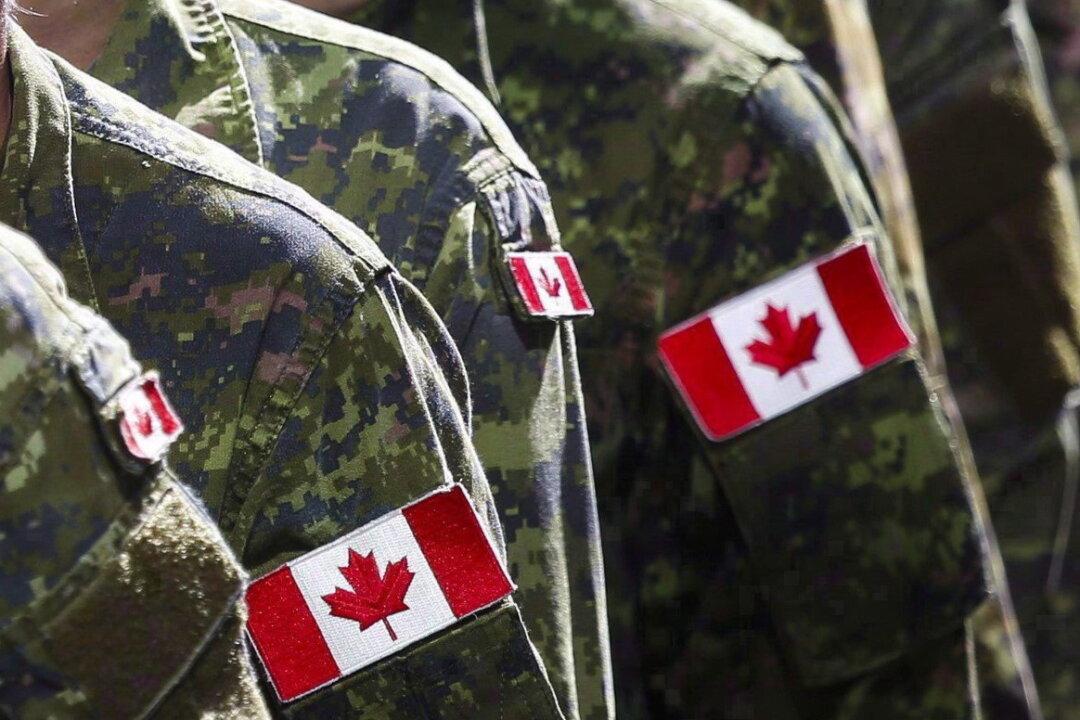Focus group research conducted last November indicated Canadian Armed Forces (CAF) members and veterans were concerned about the direction Canada’s military is going in and its weakened standing compared to the past.
“All felt that the Government of Canada was currently on the wrong track when it came to addressing the priorities most important to the CAF,” said the report to the Privy Council Office (PCO) dated December 2023, as first covered by Blacklock’s Reporter.





